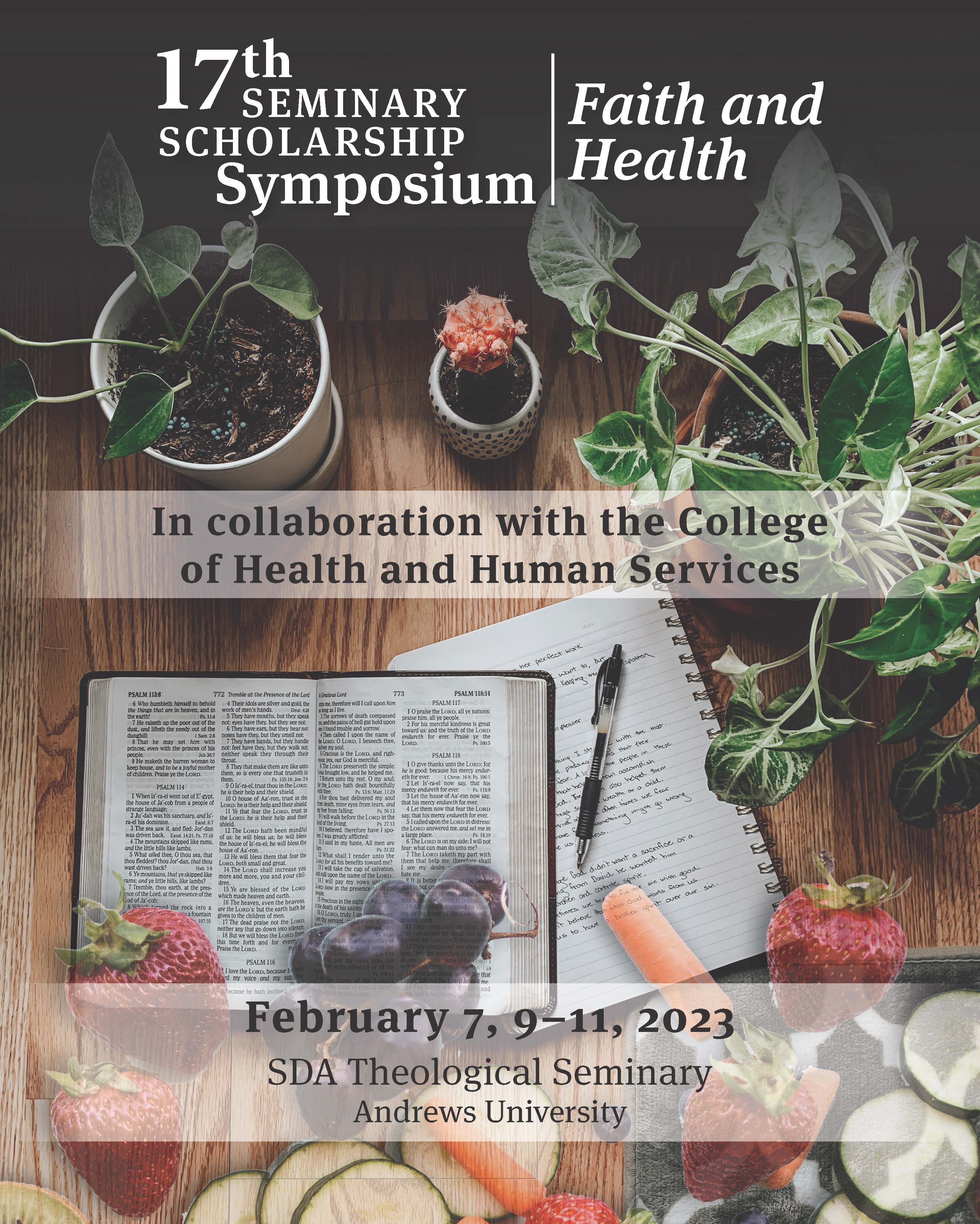Event Title
Students' Perception of What Worked for Their Learning During the COVID-19 Pandemic Transition to Remote Education at Andrews University
Location
Seminary Room N235
Start Date
10-2-2023 9:00 AM
End Date
10-2-2023 9:30 AM
Description
Due to the Covid-19 pandemic, Andrews University switched to a completely remote learning modality from the traditional face-to-face in-classroom instructions in the Spring 2020 semester. This study examined the students’ perception of their learning environment during this transition. The online qualitative survey questionnaire asked students to narrate what worked for their learning during the transition to remote education. Two hundred and eleven students responded to the qualitative survey questionnaire. The data was analyzed using deductive and inductive methods to derive codes and themes. Deductive codes derived include teacher, student, educational, family, and non-academic factors. Teachers’ factors identified include changes in course design, well-organized courses, and effective teacher-student communication. Students perceived time management, studying resources, self-care, and prior experience with remote learning as factors that helped their transition. Educational factors identified were effective LMS design and the university’s flexibility with grades and courses. Students perceived the support of family and peers as vital to their learning during this period. Non-academic factors included prayers and the counseling center. These results help plan for similar future contingencies.
Students' Perception of What Worked for Their Learning During the COVID-19 Pandemic Transition to Remote Education at Andrews University
Seminary Room N235
Due to the Covid-19 pandemic, Andrews University switched to a completely remote learning modality from the traditional face-to-face in-classroom instructions in the Spring 2020 semester. This study examined the students’ perception of their learning environment during this transition. The online qualitative survey questionnaire asked students to narrate what worked for their learning during the transition to remote education. Two hundred and eleven students responded to the qualitative survey questionnaire. The data was analyzed using deductive and inductive methods to derive codes and themes. Deductive codes derived include teacher, student, educational, family, and non-academic factors. Teachers’ factors identified include changes in course design, well-organized courses, and effective teacher-student communication. Students perceived time management, studying resources, self-care, and prior experience with remote learning as factors that helped their transition. Educational factors identified were effective LMS design and the university’s flexibility with grades and courses. Students perceived the support of family and peers as vital to their learning during this period. Non-academic factors included prayers and the counseling center. These results help plan for similar future contingencies.




Comments
Breakout Session